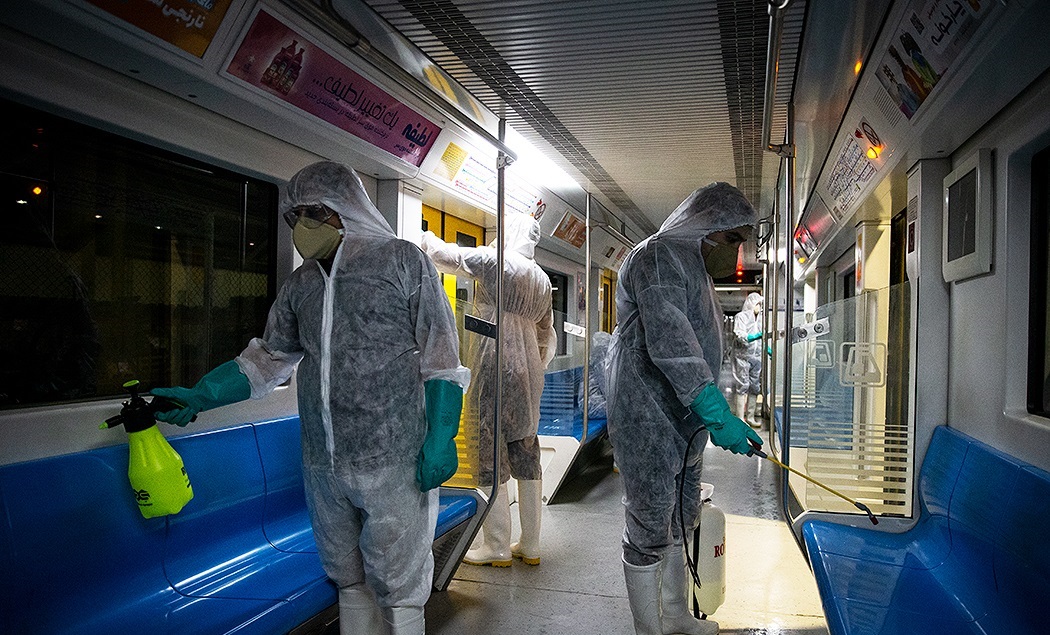On January 14 1761 one of the largest battles in Indian history took place at Panipat just north of Delhi. Two great empires – the Indian Marathas and the Afghan Durrani – clashed to decide who would control northern India in the ashes of the great Mughal Empire. However, as we shall see, Panipat mayContinue reading “The Making of Today: The Third Battle of Panipat, January-March 1761”
Tag Archives: India
2020 and History
2020 has been an eventful year, and one with many connections to the past. Whether through anniversaries, or events replicating (or outright repeating) themselves we’re going to have a glance at some of the events which have happened over 2020. The Worst Year Ever? For fairly understandable reasons, 2020 has been seen as one ofContinue reading “2020 and History”
World History: Decolonisation
Two overarching themes characterised post-war twentieth century: the Cold War and decolonisation. These two events deeply intersected, so it is almost impossible to separate them. Today we’re looking at the process of decolonisation, and the emergence of post-colonial states with all the difficulties which comes with it. Across Africa, Asia, and the Americas new movementsContinue reading “World History: Decolonisation”
World History: Britain in India
The last time that we looked at India Britain had managed to edge out its European competitors thanks to victory in the Seven Years’ War. This post will look at British rule in India from the end of the Seven Years’ War in 1765 until the start of the twentieth century – a period marked byContinue reading “World History: Britain in India”
Left-Wing and the ‘Other’ History: Gayatri Spivak’s ‘Can the Subaltern Speak?’
Gayatri Spivak One of the most influential works in postcolonial studies is Can the Subaltern Speak? (1983) by Gayatri Spivak. Spivak, in her own words, is a ‘practical Marxist-feminist-deconstructionist’ applying feminist, Marxist, and some postmodernist ideas to society, thought, and the past. Hence, this post will focus on both ‘Left-wing’ and the ‘Other’ history. CanContinue reading “Left-Wing and the ‘Other’ History: Gayatri Spivak’s ‘Can the Subaltern Speak?’”
World History: The Mughals
Today we are looking at the last of the so-called ‘Gunpowder Empires’: the Mughals. The Mughals are perhaps one of the most influential of India’s empires with many aspects and images of India which the West has originating from the Mughal Empire. Since the 1990s India’s Hindu right has been on the rise, currently theContinue reading “World History: The Mughals”
2017 and History
Another year has passed, 2017 has come to a close, and we wait to see what 2018 holds. 2017, however, has seen the anniversaries of several important historical events, and many other events which can be explained through history. For 2017’s final blog post I thought it would be a good opportunity to look atContinue reading “2017 and History”
History in Focus: The Partition of India
Muslim Refugees Fleeing India As of writing this week has seen the 70th anniversary of the Partition of the British Raj forming the new states of India and Pakistan. The Partition is the single most important event in the modern history of the Indian subcontinent which still continues to greatly shape the lives of thoseContinue reading “History in Focus: The Partition of India”
World History: Indian Ocean and Mediterranean Trades
Mediterranean Sea and Indian Ocean One thing in history which is often overlooked is the importance of trade. Trade brought cultures together, spread ideas, and even shaped governments. Today we shall be looking at two key centers of trade: the Mediterranean Sea and Indian Ocean. These two bodies of water are very similar but simultaneouslyContinue reading “World History: Indian Ocean and Mediterranean Trades”
World History: Hinduism, Jainism and Buddhism
http://www.ancientindia.co.uk/buddha/home_set.html The last time we visited India for World History we looked at the Harappan Civilization (see here: http://historyandgeekstuff.blogspot.co.uk/2016/01/world-history-three-river-civilizations.html). By 1300 BCE the civilization had collapsed and India saw a wave of changes including the increased usage of iron, various invasions by people from the north-west and the resurgence of city based cultures. In this settingContinue reading “World History: Hinduism, Jainism and Buddhism”


